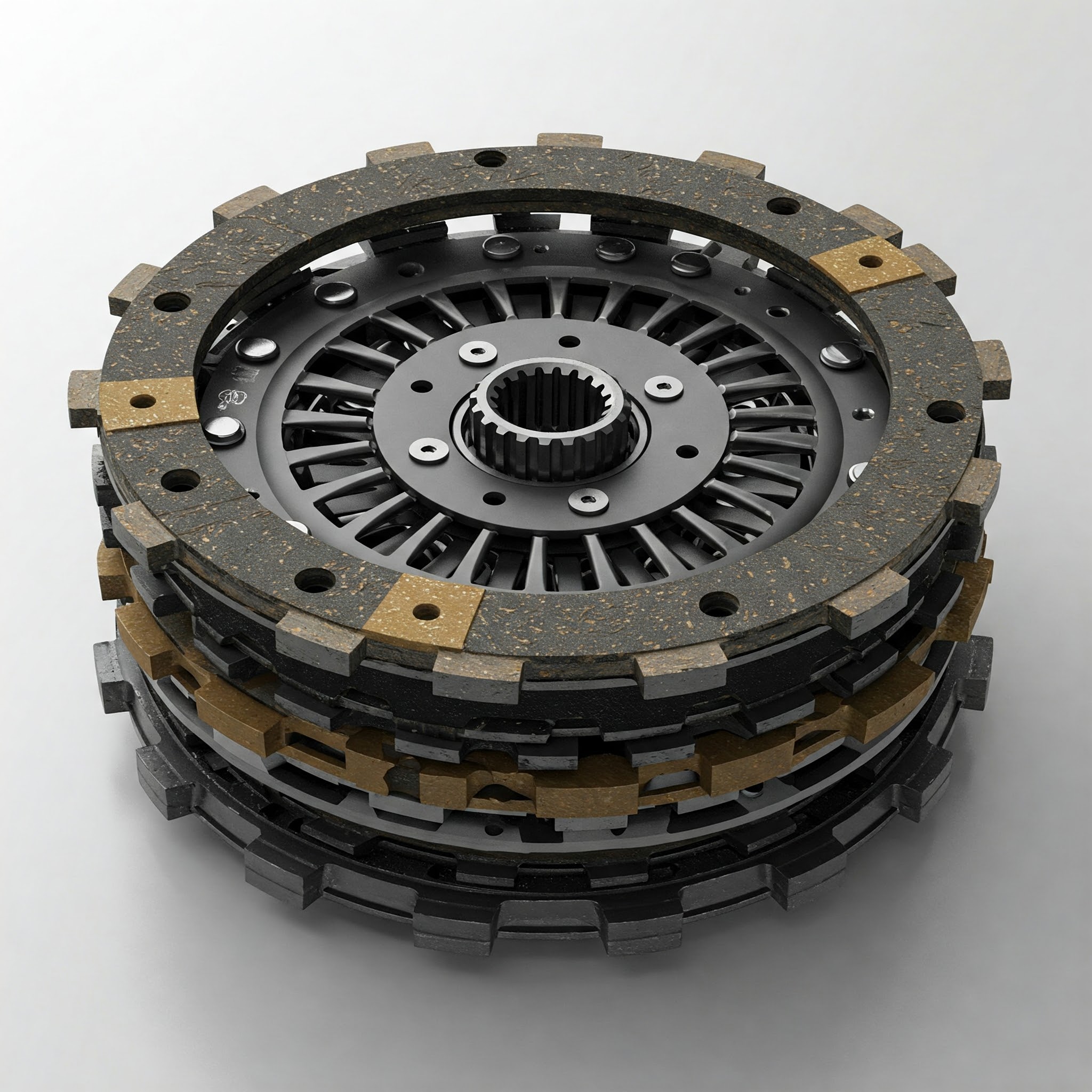Planning to buy car insurance but puzzled about which one to select? Discover the important tips to buy car insurance online without any hassles. Make an informed purchase.

You are often told that buying a car insurance is not easy. You must know that buying insurance can be a puzzle if you are not wise enough. Choosing the most suitable cover involves reading the fine print and comparing car insurance quotations from more than a few insurance providers to find the best available deal.
Hence, before you sign on the dotted line, pay attention to some of the best practises that you must follow to get the best when shopping for car insurance.
Types of car insurance
The insurance plans offered by companies in India can be mainly categorised into two types.
Third Party Car Insurance: It covers against any legal liability to a third party caused when you are at fault.
Comprehensive car insurance coverage: As the name suggests, it covers damages to car, theft, legal liability to a third party and cover for personal accident cover. This is usually the most advised and preferred option.
Factors that affect car insurance premium
Most car insurance policies look very similar on paper, but a customer must keep his eyes open for factors that can affect their car insurance premiums. These factors are based on the risks that insurance company will be underwriting and can be clubbed under following categories.
Risk related to the vehicle: Premium of a car is determined by its brand name, vehicles engine displacement, fuel type, etc. Also, the age of the car and its depreciation primarily regulates the premium one pays. Cars that are older than five years will have its Insured Declared Value (IDV) as its market value.
Area of vehicle registration: A car owner has to pay higher premiums if the vehicle is registered in an urban area as such places could be prone to a higher rate of vandalism, thefts, accidents, etc.
Driving history: Drivers who tend to cause more accidents are required to pay more than those who are accident-free.
Credit record: Keeping good credit history has a positive effect on the cost of the car insurance.
Ways to minimize car insurance costs
Deductibles: Car insurance companies lets you pick your deductible and decide whether to add supplemental coverage. The details of your coverage and deductibles play an important part in your scheduled payments.
No-Claim Bonus (NCB): As the name suggests, NCB is the insurer's reward to you for not making a claim in the preceding years. NCB, which is a discount ranging from 20-50% on premium payable can be earned by maintaining a claim-free record.
Add-on covers in car insurance
Zero depreciation insurance: Zero depreciation car insurance or Nil Depreciation or Bumper to Bumper Cover does not take into account the depreciation on car parts. When you have a normal, basic comprehensive car insurance policy, the insurance company only reimburses the depreciated value of car parts replaced during a claim.
Personal Accident Cover: Personal cover on car insurance can offer reimbursement for death and stated major injuries sustained owing to a vehicle crash.
add-on: Also include basic roadside assistance, cover for consequential engine damage, key replacement, loss of personal belonging, etc. The add-on covers are provided for vehicles, not older five years.
Car valuation
- IDV (Insured’s Declared Value) is considered to be the agreed value of the vehicle between the insured and the insurance company in the event of a total loss (TL) or constructive total loss (CTL) for the particular policy period. However, many of us declare lower IDVs to reduce premiums, but it could turn out to be a double-edged sword and lead to significant loss in case of a claim. A small amount of saving on the premium by stating a lower IDV can often result in a much greater loss in an incident of a substantial claim or theft of the car.
So, just spend some time on researching online and set your objective to make an informed purchase decision.






